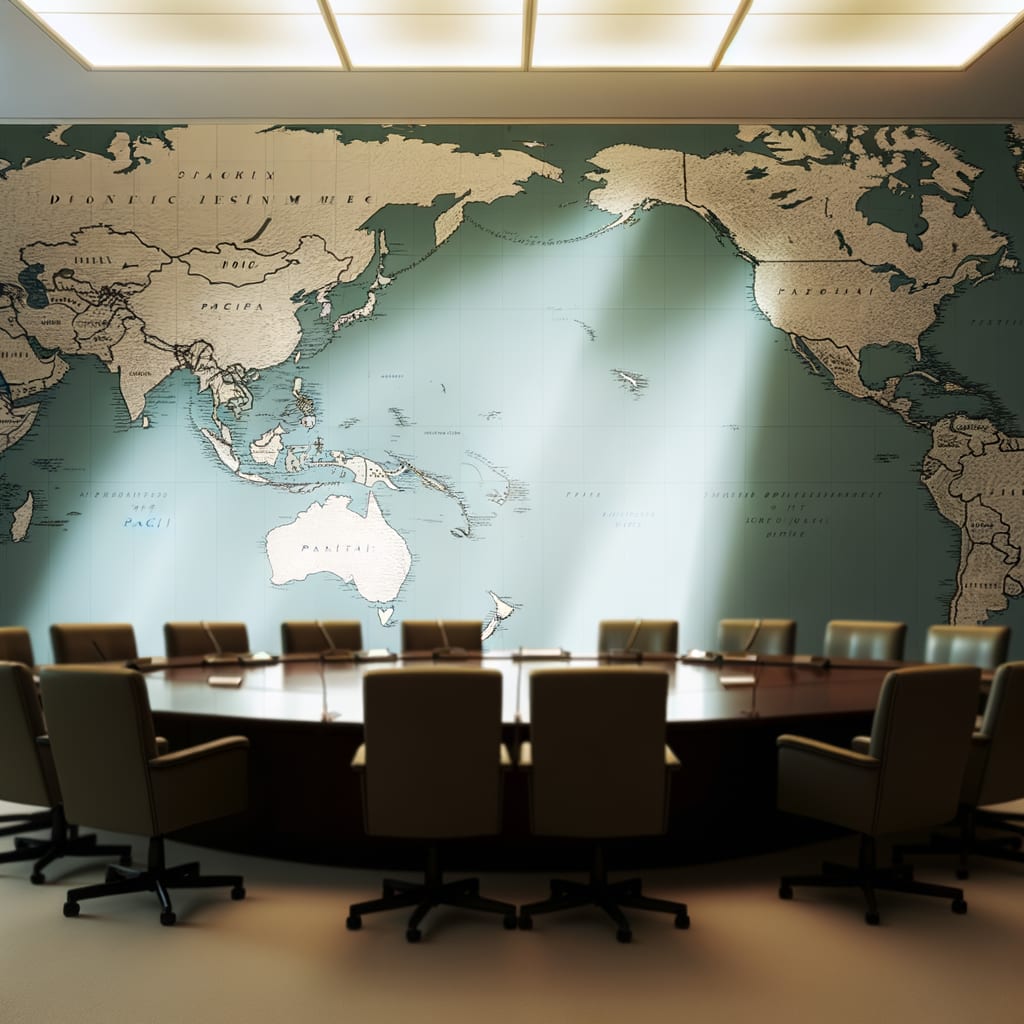Tensions Escalate as Japan Deploys Missiles Near Taiwan Amid China's 'Intensifying' Threats
Tensions in the Pacific are escalating as Japan moves forward with plans to deploy missiles on Yonaguni Island, only 110km (68 miles) away from Taiwan. The move has sparked outrage in Beijing, which has labeled the deployment as extremely dangerous
. This comes at a time when Taiwan's President, Lai Ching-te, is seeking legislative approval for an additional $40 billion in defense spending amid what the Taiwanese government refers to as China's 'intensifying' threats.
Background and Context
These events unfold amid deteriorating ties between China and Japan, with the latter's recent missile deployment plans and its growing military strength being viewed warily by the former. Japan's submarine fleet is especially seen as a potential strategic headache for China, according to military analysts. The geopolitical stakes have been further raised by comments from Japan's Prime Minister, Sanae Takaichi, suggesting that an armed attack against Taiwan could justify a military response from Japan.
Key Developments
In response to Japan's missile deployment plans, Beijing has condemned the move, asserting that it stokes regional tensions and military confrontation. Japan's defense minister, Shinjiro Koizumi, confirmed that preparations for a medium-range, surface-to-air missile deployment are progressing steadily
.
Meanwhile, Taiwan's President Lai Ching-te has announced a plan for a special budget of $40 billion to bolster the island's defense. The budget, if passed by the island’s legislature, will fund purchases of arms primarily from the United States, Taiwan's largest unofficial ally. The Taiwanese government has described Beijing's threats as 'intensifying', and preparations to invade are reportedly speeding up.
Implications and Reactions
President Lai has declared that there is 'no room for compromise on national security'. The spending, he says, is aimed at defending democratic Taiwan,
with its military targeting a high level
of readiness by 2027 to counter China.
China, on the other hand, views Taiwan as its own territory and has been ramping up military and political pressure on the island. Beijing has also expressed alarm over Japan's proposed missile deployment near Taiwan, describing it as a move that aggravates regional tensions.
Conclusion
As China reportedly 'speeds up plans to take Taiwan by force', the Pacific region witnesses heightening tensions. The proposed missile deployment by Japan, Taiwan's decision to significantly increase its defense spending, and the growing discord between China and Japan all point towards a potential escalation of military confrontation. Despite these developments, it remains to be seen how the situation will evolve and what impact it will have on the stability of the region. The global community watches with bated breath as the balance of power in the Pacific continues to teeter.

